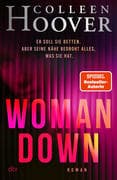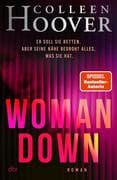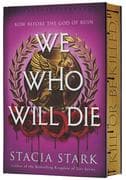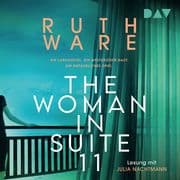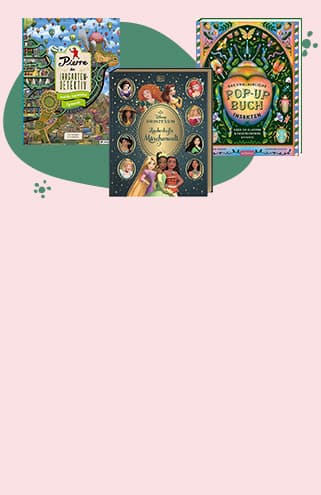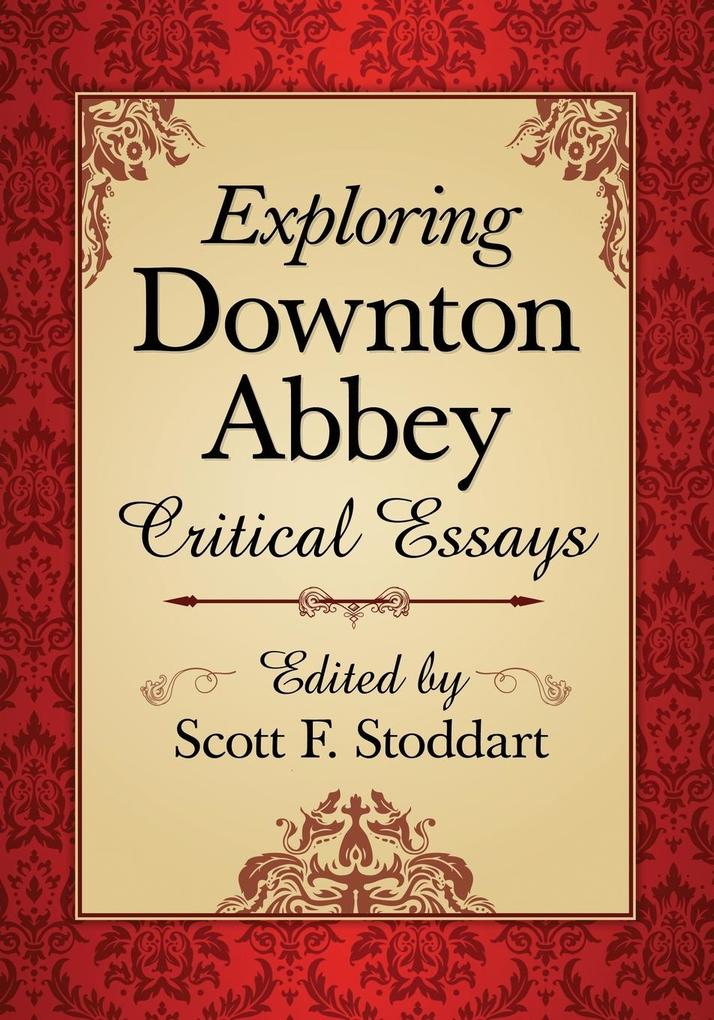The BBC television series Downton Abbey (2010-2016), highly rated in the UK, achieved cult status among American viewers, harking back to the days when serial dramas ruled the airwaves. The show's finale was one of the most watched in all of television history.
This collection of new essays by British and American contributors explores how a series about life in an early 20th century English manor home resonated with American audiences. Topics include the role of the house in literature and film, the changing roles of women and the servant class, the influence of jazz and fashion, and attitudes regarding education and the class system.
Inhaltsverzeichnis
Table of Contents
Acknowledgments
Introduction
Cast of Characters
The Main House: The Contexts at Downton
"Even Elizabeth Bennet paid to see what Pemberley was like inside":
The Manor House as Character (Michael Samuel and Scott F. Stoddart)
Revisiting Gosford Park: Downton Abbey, American Audiences
and the British Heritage Genre (Gayle Sherwood Magee)
The Entrance Hall: Understanding History and Downton Abbey
Series Two of Downton Abbey: War! What Are We Good For? (Elizabeth Fitzgerald)
"There's always something": Representing Race (Jennifer Poulos Nesbitt)
Downton Abbey, the Jazz Age and Adaptation to Change (Ellen Hernandez)
The Library: The Man's Domain
"Not family friendly": Downton Abbey and the Specter of Male
Same-Sex Kissing (Anthony Guy Patricia)
Wearing the Trousers: "Female" Voices in "Male" Spaces (Joy E. Morrow)
M'Lady's Chamber: The Women of Downton Abbey
Feminist Tendencies (Jennifer Harrison)
"Damaged" First, Romance Later: The Patterning of Courtship
on Lady Mary Crawley (Rachel L. Carazo)
Lady Sybil Must Die: Class and Gender Constraints (Mary Ruth Marotte)
"We are allies, my dear": Defining British and American National Identity (Melissa Wehler)
The Servants' Hall The Downstairs Domestic: Servant Femininity (Courtney Pina Miller)
"Education is for everyone": Education and the American Dream (Katrin Suhren)
"We're all in this together!" Big Society Themes (Gill Jamieson)
About the Contributors
Index
